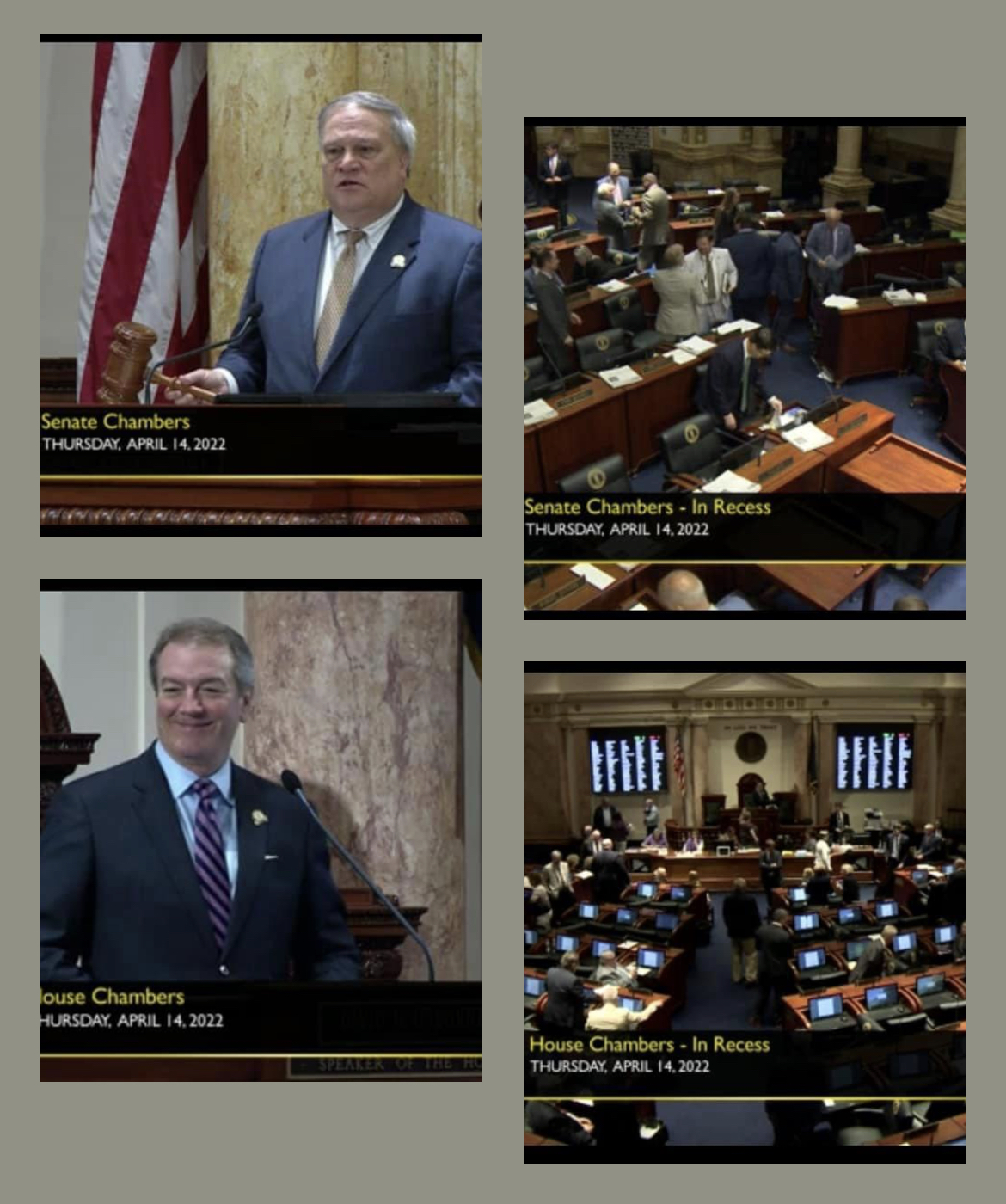
Let’s call 2022’s legislative session a wash for open government.
The open meetings law suffered a setback, but the open records law emerged mercifully unscathed.
After the open records debacle in the 2021 legislative session, this is welcomed news.
https://www.state-journal.com/opinion/guest-columnist-celebrating-sunsh…
Here are a few takeaways.
Open meetings setbacks
HB 453 passed, and was signed into law by the Governor on March 25, despite the Kentucky Open Government Coalition’s request for a veto.
The Coalition is not discouraged and will continue to advocate for sound open government policy against all odds.
https://apps.legislature.ky.gov/record/22rs/hb453.html
https://kyopengov.org/blog/hb-453-act-relating-open-meetings-becomes-law
https://kyopengov.org/blog/hb-453-amending-open-meetings-law-sails-through-senate-rough-waters-ahead
The new law —which amends KRS 61.826 — permanently codifies the right of a public agency to conduct its meetings by video teleconference as an alternative to in person meetings. But it ignores the vastly superior “hybrid” open meetings option which requires both live streamed and in person meetings and which was never considered; it establishes few safeguards designed to ensure effective public observation and discourage public agency abuse/exploitation; and it creates two new exceptions to the open meetings law.
https://apps.legislature.ky.gov/law/statutes/statute.aspx?id=47297
It is now widely recognized that virtual meetings, as we have come to know them during the pandemic, promote broader public participation, and that the expiration of Kentucky’s temporary statutory modifications to the open meetings law authorizing video teleconferenced meetings — which were necessitated by the pandemic — required legislative action.
https://apps.legislature.ky.gov/record/20rs/sb150.html
Sadly, this “half-baked” solution falls short of the mark.
It opens the door to public agency abuse — described in the Coalition’s veto request — and creates a mechanism by which elected and appointed officials can erect a permanent electronic barrier between themselves and the public they serve. HB 453 — coupled with a recent open meetings decision issued by the Kentucky Attorney General declaring the statute governing closed session permissive rather than mandatory — is likely to do serious long-term damage to the 48 year old open meetings law.
Open records emerges unscathed
On the other hand, the House of Representatives chose not to call SB 63 for a vote. The bill appeared in the Regular Orders of the Day on Day 58 and 59 of the sixty day session. With hours to spare on both days — as well as Day 60 of the 2022 legislative session — the House consciously elected to forego a vote on the widely criticized bill.
https://apps.legislature.ky.gov/record/22rs/sb63.html
https://kyopengov.org/blog/no-news-good-news-day-58-2022-legislative-session
https://kyopengov.org/blog/house-judiciary-advances-sb-63-following-heated-debate
We can speculate on the House’s reasons, but this much we know.
SB 63 was Sen. Danny Carroll’s most recent attempt to extend enhanced open records protection to already protected personally identifiable information relating to a subset of public officials and employees — chiefly judges, police officers, and prosecutors — upon request. Carroll argued that an increase in the number of threats to judges — and in violence against police officers — warranted the enactment of a new law permitting these officials and employees, as well as their immediate families, to demand that their identities and personal identifiers be erased from public records and disclosed only on pain of civil liability.
Carroll’s bill was long on newly assigned — but impractical, unreasonable, and unworkable — public agency demands and short on detail. Clearly, he had given no thought to whether the bill’s new requirements could or would be implemented. Clearly, he had very little understanding of how the open records law works. And clearly, he failed to appreciate that his proposed re-write of the open records law could not correct the societal malaise he identified.
Chances are good that Carroll will resurrect some version of SB 63 in the 2023 session. If so, he will render a disservice to that subset of public officials and employees whose safety he purports to, but cannot by this mechanism, protect. He will also disserve the interests of public agencies charged with implementation and the public in the “free and open examination of public records.”
https://apps.legislature.ky.gov/law/statutes/statute.aspx?id=23058
Legislative inaction is the best hope for open government
These are inconvenient but necessary truths. With respect to Kentucky’s open government laws, no legislative action is good legislative action. Virtually nothing current lawmakers do to the open records or open meetings laws redounds to the public’s benefit.



